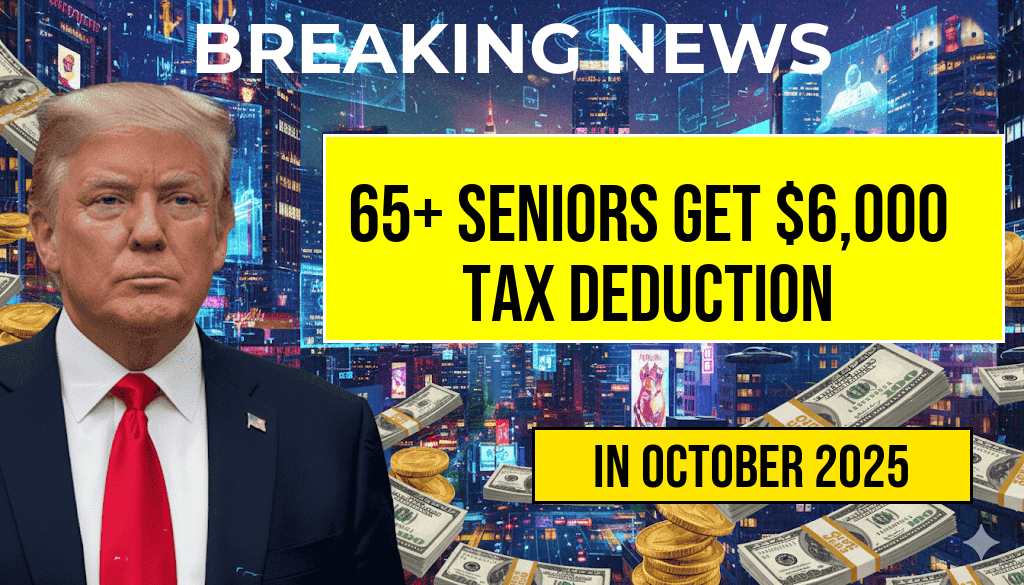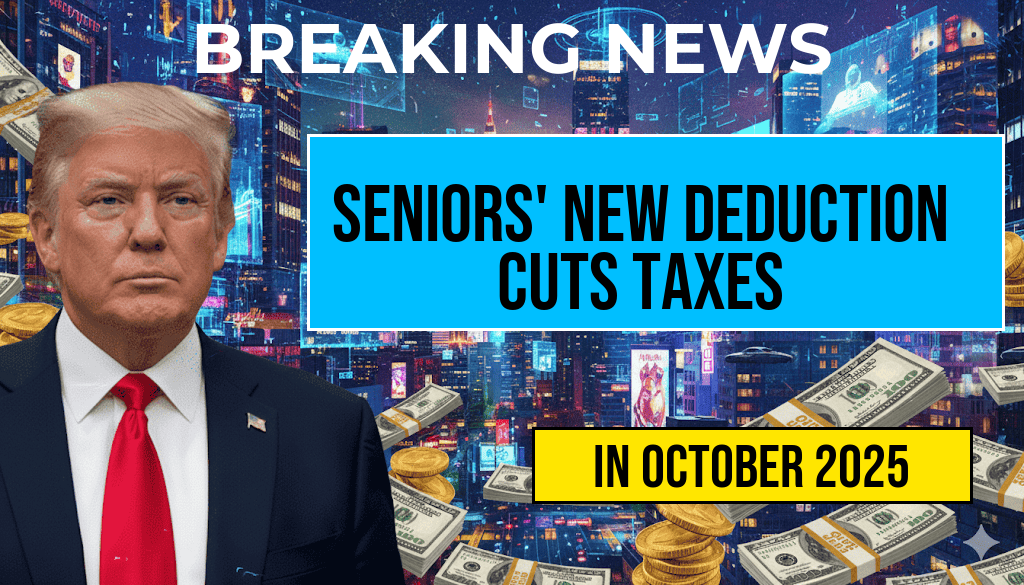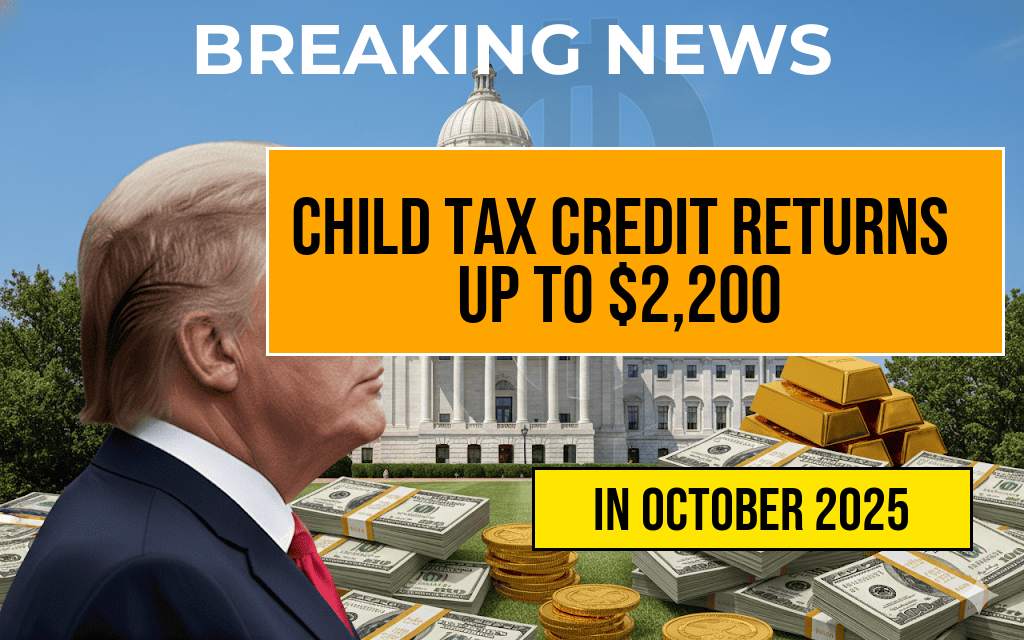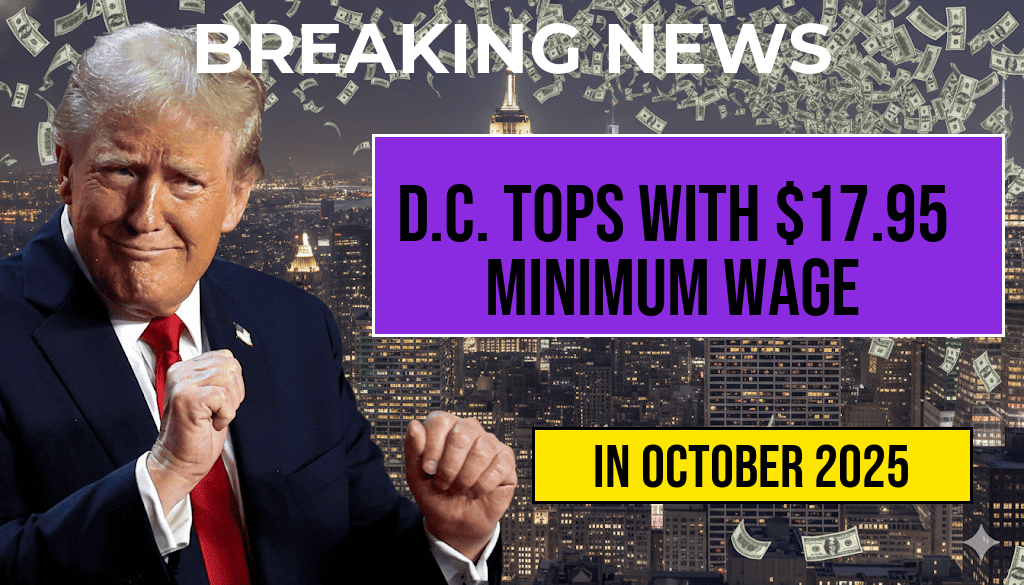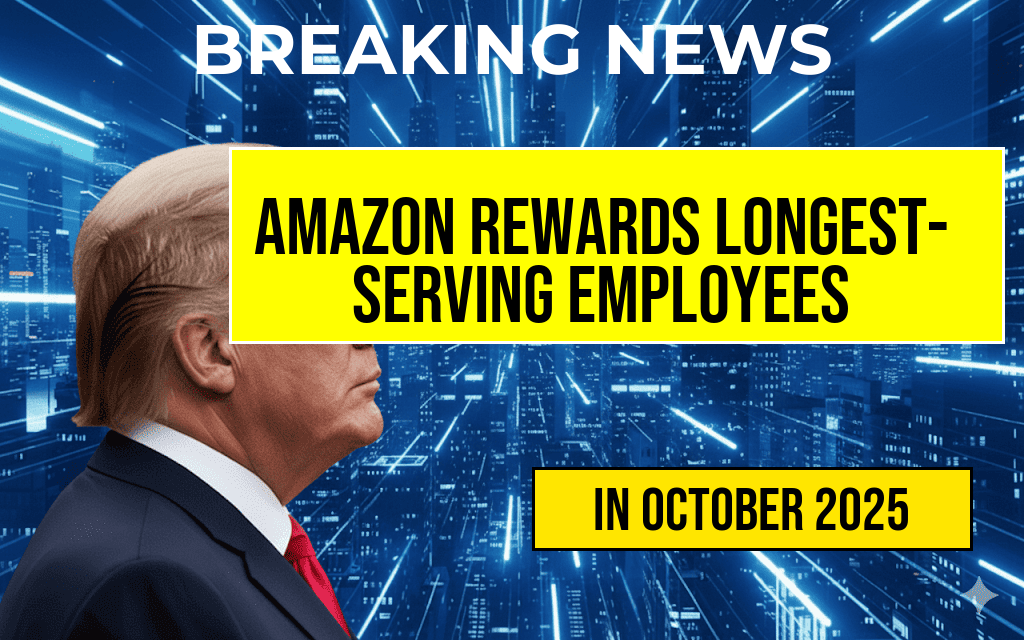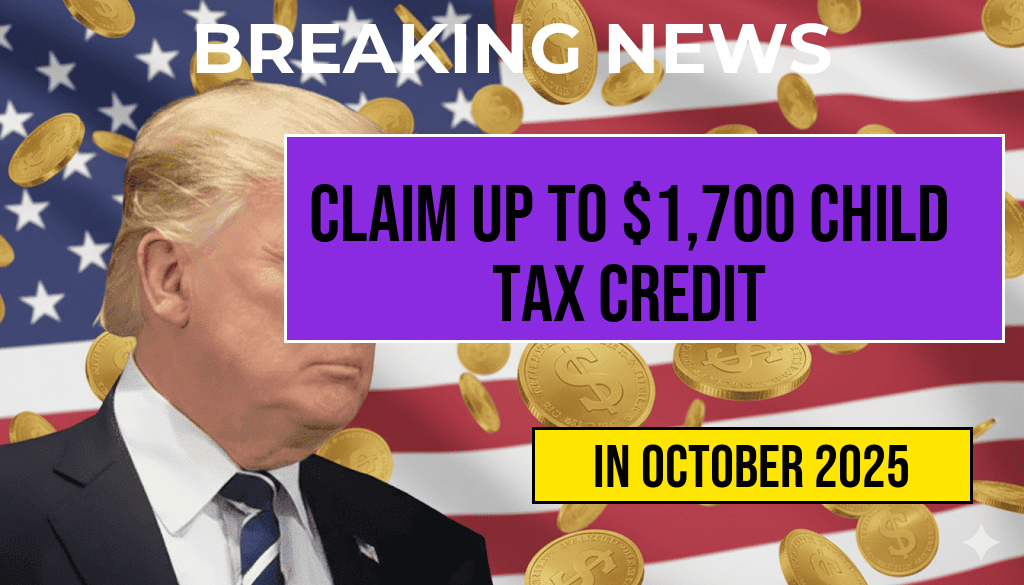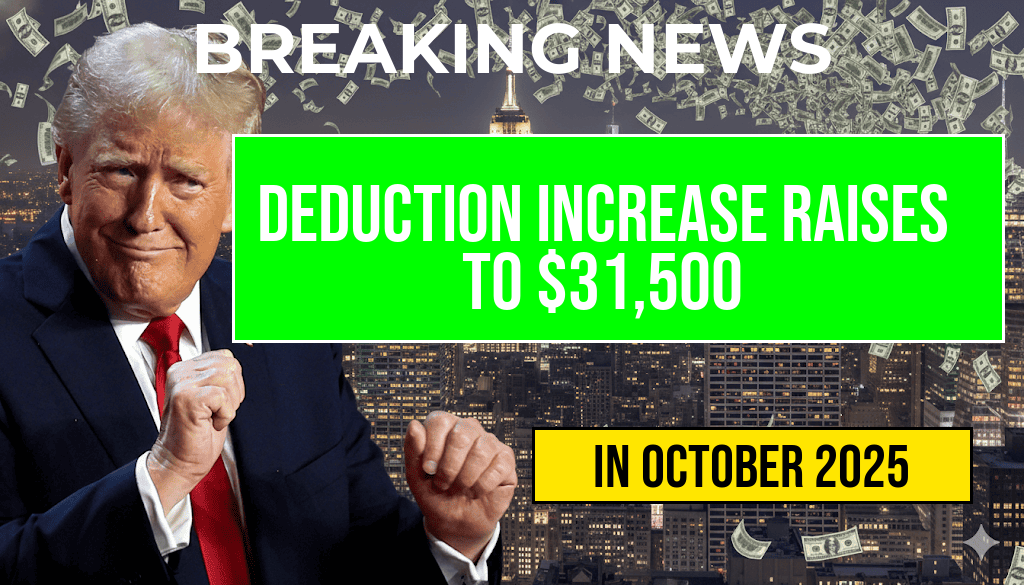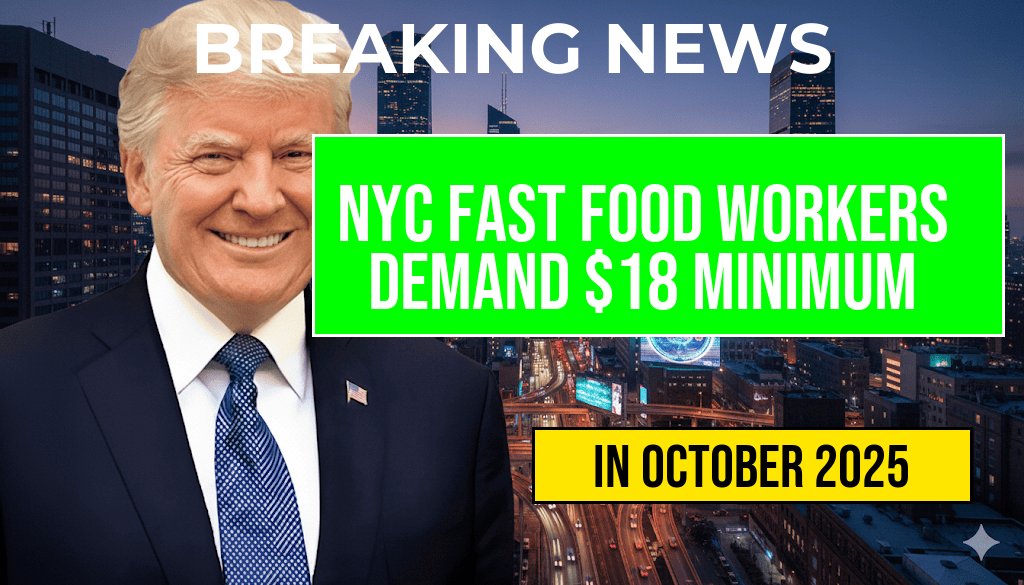Washington D.C. has solidified its position as the U.S. city with the highest minimum wage, setting the rate at $17.95 per hour as of July 2023. This figure surpasses the national average significantly and reflects the district’s ongoing commitment to addressing economic disparities and improving living standards for low-wage workers. The increase follows recent legislative adjustments aimed at gradually raising the minimum wage over several years, with local policymakers emphasizing the importance of a living wage in attracting and retaining a skilled workforce. Meanwhile, neighboring states and cities continue to debate the balance between wage increases and economic growth, but D.C.’s stance underscores a broader trend among progressive jurisdictions pushing for higher minimum wages as a lever for economic equity. The district’s sustained leadership on this issue marks a notable shift in the national landscape of wage policy, with implications for workers, employers, and policymakers alike.
Washington D.C.’s Minimum Wage Policy and Its Evolution
Historical Context and Legislative Milestones
Washington D.C. has been at the forefront of minimum wage policy for years, implementing incremental increases to address economic disparities. The current rate of $17.95 per hour was established through legislation passed in 2022, which set a phased approach to reaching this level by 2026. The district’s minimum wage schedule reflects a broader commitment to ensuring workers can afford basic necessities, such as housing, transportation, and healthcare. This approach aligns with the district’s broader economic strategy aimed at reducing income inequality and fostering economic resilience.
Comparison with Other Major Cities
| City | Minimum Wage | Effective Date |
|---|---|---|
| Washington D.C. | $17.95 | July 2023 |
| Seattle | $16.75 | 2023 |
| San Francisco | $16.99 | 2023 |
| New York City | $15.00 | 2023 |
| Los Angeles | $16.78 | 2023 |
While several cities have implemented high minimum wages, Washington D.C.’s rate remains the highest nationwide, reflecting local policy priorities and economic conditions.
Impacts of the Wage Increase on the Local Economy
Benefits for Workers and Cost of Living
Advocates argue that the wage hike enhances the earning power of thousands of low-income workers, many of whom are employed in hospitality, retail, and service industries. Increased wages are expected to improve access to affordable housing, healthcare, and education, thereby reducing dependence on social safety net programs. However, critics warn that higher labor costs could lead to increased prices for consumers or reduced hiring, especially for small businesses already grappling with inflationary pressures.
Business Response and Adjustments
- Employment Levels: Some small business owners report cautious optimism, noting that higher wages may improve employee retention but could also strain profit margins.
- Pricing Strategies: Several establishments are considering passing on costs to consumers through modest price adjustments.
- Automation and Efficiency: Others are exploring automation to offset rising wages, a trend observed in several sectors across urban centers.
Broader Trends and Future Outlook
States and Cities Leading the Charge
The push for higher minimum wages is gaining momentum nationwide, driven by economic research linking living wages to improved health outcomes and economic stability. California, New York, and several other states are also phasing in substantial increases, although none currently surpass D.C.’s rate. Policy experts suggest that the district’s leadership could influence legislative debates in neighboring jurisdictions, potentially setting a benchmark for future wage standards.
Potential Challenges and Policy Debates
Proponents of gradual wage increases cite the need for a balanced approach, emphasizing the importance of supporting economic growth without placing undue burden on employers. Conversely, opponents often raise concerns about job losses or reduced hours among low-wage workers, especially in small businesses. As the debate continues, policymakers are closely monitoring economic indicators and labor market data to inform future adjustments.
Resources and Further Reading
Frequently Asked Questions
What is the current minimum wage in Washington D.C.?
The current minimum wage in Washington D.C. is $17.95 per hour, making it the highest in the United States.
How does Washington D.C.’s minimum wage compare to other states?
Washington D.C.’s minimum wage of $17.95 surpasses that of most states, positioning it as the leader in the nation for the highest minimum wage.
Are there plans to increase the minimum wage further in Washington D.C.?
While current reports highlight the highest minimum wage at $17.95, local policymakers continue to evaluate and discuss potential future increases to support workers.
Who is affected by the minimum wage laws in Washington D.C.?
The minimum wage law in Washington D.C. directly impacts low-wage workers across various sectors, including retail, hospitality, and service industries.
What are the benefits of having the highest minimum wage in the country?
Having the highest minimum wage helps to improve living standards, reduce income inequality, and attract workers to the city’s thriving economy.

